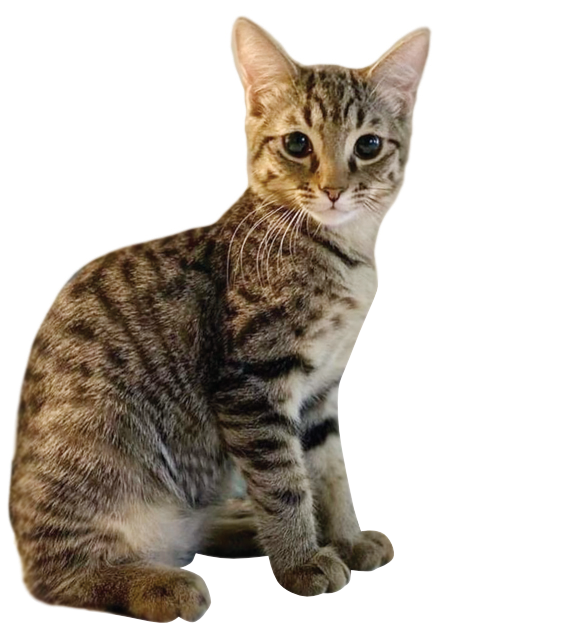JEDDAH: As temperatures soar in the summer, the hot weather conditions have become uncomfortable and dangerous for animals, especially those on the streets.
According to a Saudi animal rights activist, many animals find it difficult to cope during the hot months.
Mayaser Bondakgy, chairman of the board of Get Along With Me Association for Animal Welfare, said: “Let’s also not forget the stray animals on the streets that need to find somewhere to drink … small water pots placed wherever possible outside your home is a great idea.”

Saudi residents can set up shelters and provide access to water to protect animals from summer heat. (Supplied)
Bondakgy is a prominent animal rights activists in Jeddah dedicated to promoting a culture of animal adoption. She told Arab News that the association was using social media platforms to raise awareness of the impact of heat, including dehydration, on stray animals and how people could help.
“The easiest and most effective way to ensure strays are safe in summertime is to keep them hydrated,” she said. “All you have to do is make sure they have access to fresh water at all times.”
The easiest and most effective way to ensure strays are safe in summertime is to keep them hydrated.
Mayaser Bundagji, Saudi animal rights activist
She said that the association was committed to educating the public about how to help street animals during the summer.
Speaking about adoption activity during summer months, she said: “When temperatures increase we see a significant drop in adoption. During the summer period, the number of abandoned animals increases due to the busyness and travel of people, therefore, adoption stops.”
This year the association celebrated the seven year anniversary of their launch with a campaign “to feed 7,000 cats on April 1 of this year.”
Bondakgy said that their adoption center was launched as a meeting point between abandoned animals and those wishing to adopt.
“My ambition is a shelter that accommodates all the animals of the Kingdom, because the environment has become unsuitable for them due to urbanization, buildings, cars, streets, and the lack of natural food sources such as rats, insects and others.
“We receive animals that have been abandoned by humans, and we prepare a temporary shelter for them. Later, the committee nominates the appropriate adopters according to some certain conditions and procedures, including their commitment to a written pledge to take care of them and not exploit them for sale or mating, as well as to provide the necessary medical care.”
Saudi Arabia has always been home to a — growing — community of animal lovers who contribute to helping strays. Animal-lover Waleed Mirza, who keeps water bowls for stray dogs in Obhur about 30 km north of Jeddah, said: “This area is very isolated and it is far away from people. It has a large number of dogs spreading everywhere and they are suffering because of the extreme heat and many of them starve to death. So, along with friends, we go on weekends to provide them with food and water.
“By taking these steps, you can make a big difference in the lives of street animals during the summer months.”
He said that even small acts of kindness could significantly impact the well-being of animals.
Mirza said it could be difficult for stray dogs to locate water in summer: “The most important step to take right now is that everyone should keep a bowl of water outside their house.”
On the other side of town, 59-year-old bird lover Hassan Abu Al-Jadayel told Arab News that he had been feeding birds, especially pigeons, water and seeds in the early hours of the day and had not missed a day since he retired.
“Birds also suffer from the consequences of heat stress during the summer period and I wish people were aware of it,” he said. “So, (I) hope they come out and feed these birds.”
Alex Botana, a veterinarian at a pet clinic in Al-Salamah district, explained that extreme heat put animals at risk of dehydration and heat stroke: “When heat reaches as high as 45 degrees in Jeddah, dogs and cats struggle to find any relief.
“We had double the number of cases this summer because of the heat. A large number of them were dehydrated.”
As summer temperatures soar, the Ministry of Environment, Water and Agriculture and the Saudi Wildlife Authority on Saturday urged residents to take precautions to ensure that no suffering was caused to animals, and to promote the principle of animal welfare, in accordance with the Gulf Cooperation Council’s Animal Welfare Act.
The ministry said that animals could be protected through simple acts such as providing regular access to food and water, shelter for protection, vaccination for pets, and keeping them safe from harsh and direct sunlight.
The ministry said that it would investigate cases of reported animal abuse or neglect, which is illegal and a punishable offense.





























